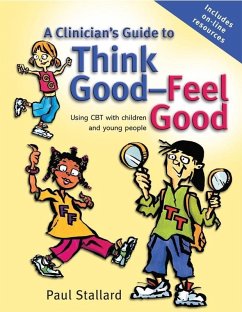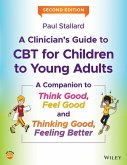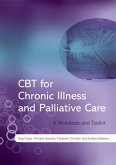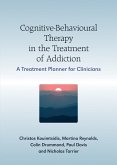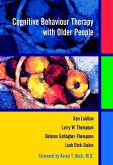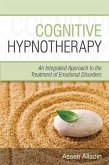This is a companion guide to Think Good Feel Good: A CognitiveBehaviour Therapy Workbook for Children and Young People. Designedfor clinicians using the original workbook in their work withchildren, the book builds upon the workbook materials by offeringguidance on all aspects of the therapeutic process and a range ofcase studies highlighting therapy in action. Topics covered includeparent involvement, key cognitive distortions in children,formulations, challenging thoughts, guided discovery and the use ofimagery. Also included is a chapter focusing on possible problemsin therapy and strategies for overcoming them. To supplement the workbook, the clinician's guide offers furthermaterials and handouts for use in therapy, includingpsycho-educational materials for children and parents on commonproblems, such as depression, OCD, PTSD/Trauma and Anxiety
Dieser Download kann aus rechtlichen Gründen nur mit Rechnungsadresse in D ausgeliefert werden.

